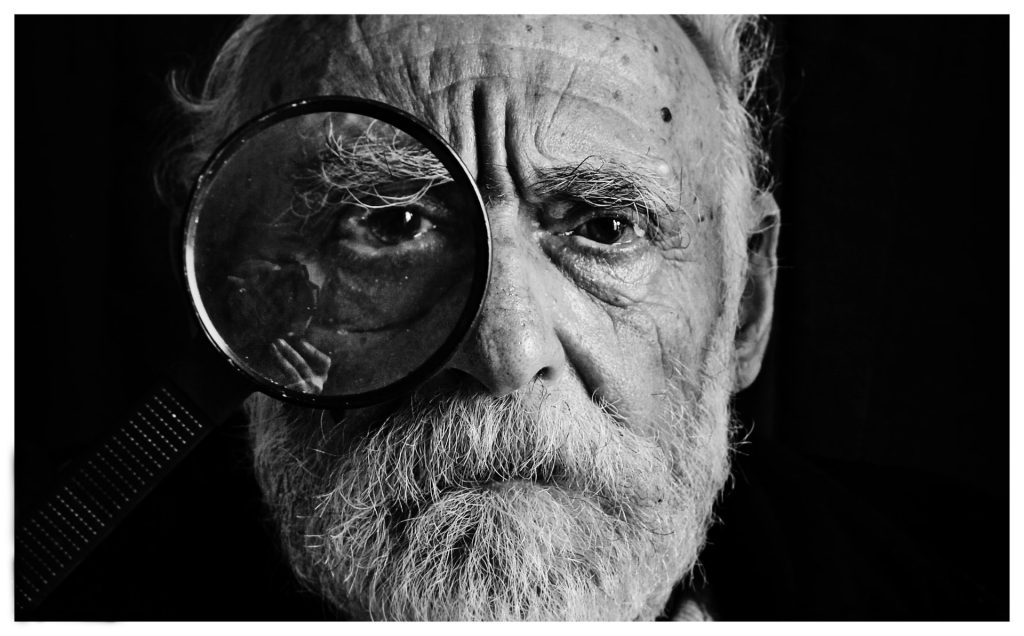Explaining the Power of ‘Super-recognisers’

Some people have the ability to never forget a face, and some help police departments and security agencies identify suspects. It is only now that researchers have come to understand a bit more about this ability, which until now was believed to derive from photographic memory.
In a paper published in Psychological Science, psychologists challenged this view, proving that super-recognisers look at faces just like all of us, but do it faster and more accurately.
UNSW Sydney researcher and study lead author, Dr James Dunn, explained that when super-recognisers catch a glimpse of a new face, they divide it into parts and then store these in the brain as composite images.
“They are still able to recognise faces better than others even when they can only see smaller regions at a time. This suggests that they can piece together an overall impression from smaller chunks, rather than from a holistic impression taken in a single glance,” Dr Dunn said.
Co-lead author Dr Sebastien Miellet, University of Wollongong (UOW) expert in active vision, used eye-tracking technology to analyse how super-recognisers scan and process faces and their parts.
“With much precision, we can see not only where people look but also which bits of visual information they use,” Dr Miellet said.
When studying super-recognisers’ visual processing patterns, Dr Dunn and Dr Miellet realised that contrary to typical recognisers, super-recognisers focused less on the eye region, instead distributing their gaze more evenly than typical viewers, extracting information from other facial features, particularly when learning faces.
“So the advantage of super-recognisers is their ability to pick up highly distinctive visual information and put all the pieces of a face together like a puzzle, quickly and accurately,” Dr Miellet said.
The researchers will continue to study the super-recogniser population. Dr Miellet says that one hypothesis is that super-recognisers’ superpower may stem from a particular curiosity and behavioural interest in others. Super-recognisers may also be more empathetic.
“In the next stages of our study, we’ll equip some super-recognisers and typical viewers with a portable eye tracker and release them onto the streets to observe, not in the lab but in real life, how they interact with the world,” Dr Miellet said.

